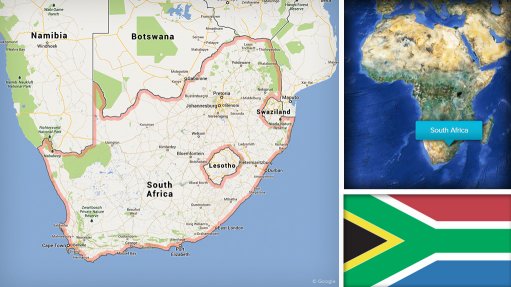
Name and Location
Rustenburg Rapid Transport (RRT) project, North West, South Africa.
Client
The municipality of Rustenburg.
Project Description
The project aims to introduce a bus rapid transit (BRT) system in Rustenburg, in the North West, similar to the Rea Vaya bus rapid transit (BRT) system operational in Johannesburg, Gauteng.
Current plans envision the operation of 37 stations that will be operated along 40 km of road using 100 articulated buses to transport passengers along the main corridors. The system will also include direct and feeder-and-distribution bus systems that will link with the RRT trunk roads along the R510 and R565 roads into the city centre. A fare system will be integrated, with the same pay-as-you-go smart card allowed on all routes and services.
The project will be completed in four phases.
On completion of Phase 1, the RRT will deliver 225 000 passenger trips a day through 13 routes, 240 bus stops and 15 BRT stations using 268 buses.
Value
A budget of more than R3-billion has been set aside by the Department of Transport (DoT).
Duration
The full-service RRT will be completed by 2020.
Phase 1 is expected to be completed by the end of 2015.
Phase 2 is expected to be completed in the 2016/17 financial year and Phase 3 by 2019/20.
Latest Developments
The municipality of Rustenburg has officially launched the name and logo of its developing integrated rapid transport system.
The first phase of the RRT project will launch in 2016 under the brand name Yarona – a Setswana word meaning “it is ours”.
The total system will, once completed in 2022, service 80% of the 3 500 km2 municipality, offering public transport services to about 200 000 commuters a day, Rustenburg executive mayor Mpho Khunou told Engineering News Online at the brand launch in Rustenburg.
The orange and green Yarona logo has been designed to represent the relationship between the commuter and movement and has garnered support from the general public, as well as from various bus and taxi associations in the city, with whom negotiations to formalise contractual arrangements to operate the Yarona bus services are ongoing.
MMC for Planning and Transport Services Amos Mataboge says the brand launch represents an important progression towards the launch of the system’s first integrated transport route in 2016.
“This project is funded with taxpayers’ money and will be operated as a service for all residents, helping to support greater social cohesion by providing safe, efficient and reliable public transport to which all citizens have access,” adds Khunou, who outlines that about R1.1-billion has been spent on project construction thus far.
The Yarona network will be anchored by two trunk corridors from which various feeder routes will emanate, ultimately linking the bulk of the city’s industrial, commercial and residential hubs.
Phase 1 will result in the R412-million completion of dedicated BRT lanes and stations along Corridor A, or the R104, which will be extended to include additional taxi lay-byes and pedestrian paths.
This construction phase has recently been granted a water-use licence, allowing for work to start on the two bridges over water courses, while the supply of mine waste materials, which provide cost-effective fill for the road construction, has also been renegotiated.
Engineering News Online reported earlier this month that work on the road-over-rail bridge on Corridor B of the project, or the R510 road, was progressing well, with the road expected to be open for use by the middle of 2015.
The R510 road construction from the rail bridge up to Boitekong turnoff is also under way and on schedule for completion by the end of next year, in time for the stations to be built and for Phase 1B of operations to start.
The final section of the R510 bus lanes from Boitekong to Kanana also started in July and will include the rebuilding of the Bospoort Dam bridge to make it higher, wider and longer.
In addition to the roads and station construction programme, the design of the network’s bus depots will also start this year.
Key Contracts and Suppliers
The Rustenburg Integrated Network joint venture (feasibility study) and SMEC South Africa/UWP/Phatwe JV (contract A – development of a public transport route).
On Budget and on Time?
Too early to state.
Contact Details for Project Information
RTT communications manager Sara Butchart, email sara@rustenburgrapidtransport.co.za.
SMEC South Africa, tel +27 014 592 2834, fax +27 014 592 5480 or email rustenburg@smec.com.
UWP Consulting Engineers, tel +27 14 597 1223 or email friedrichs@uwp.co.za.
Phatwe Consulting Engineers, Peter Mashaba, tel +27 14 594 2912, fax +27 14 597 0758 or email mashaba.phatwe@telkomsa.net.